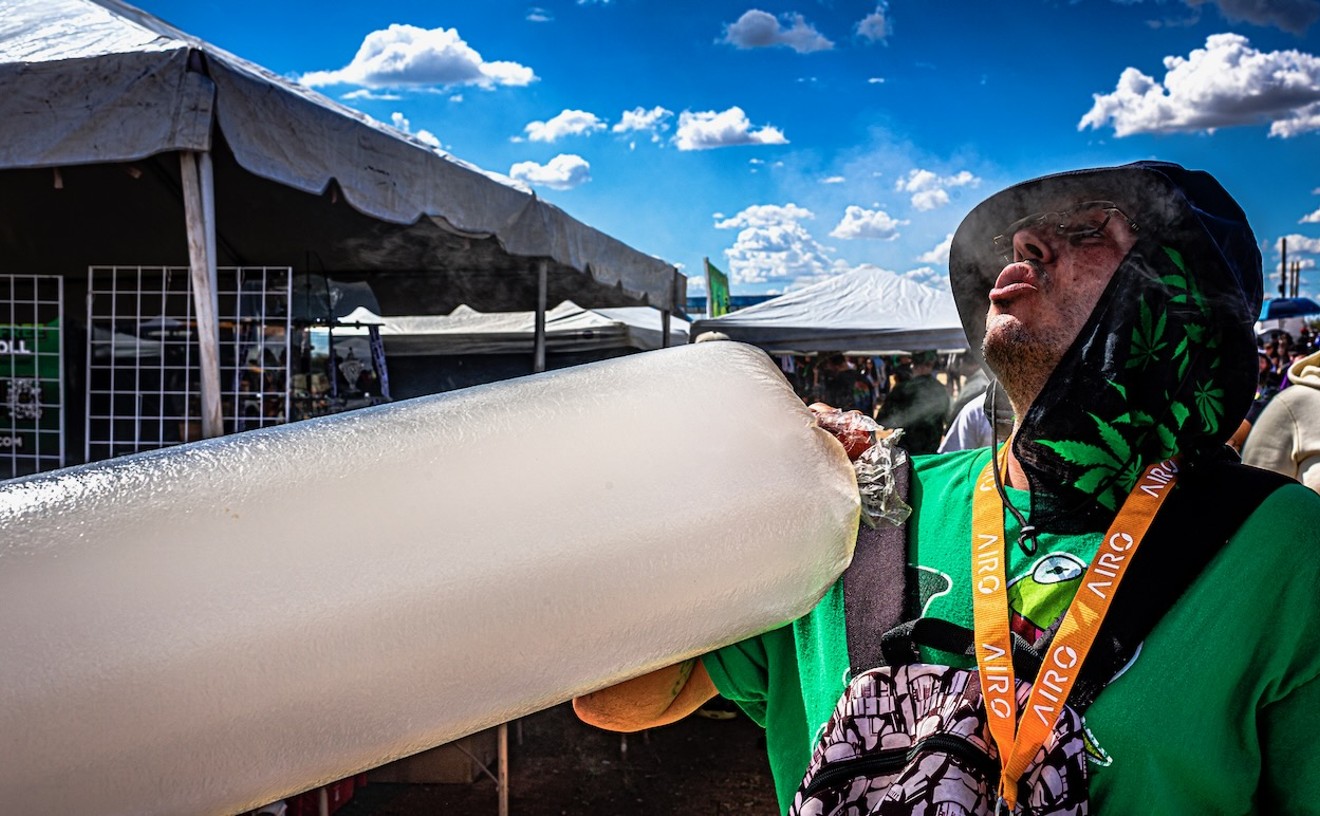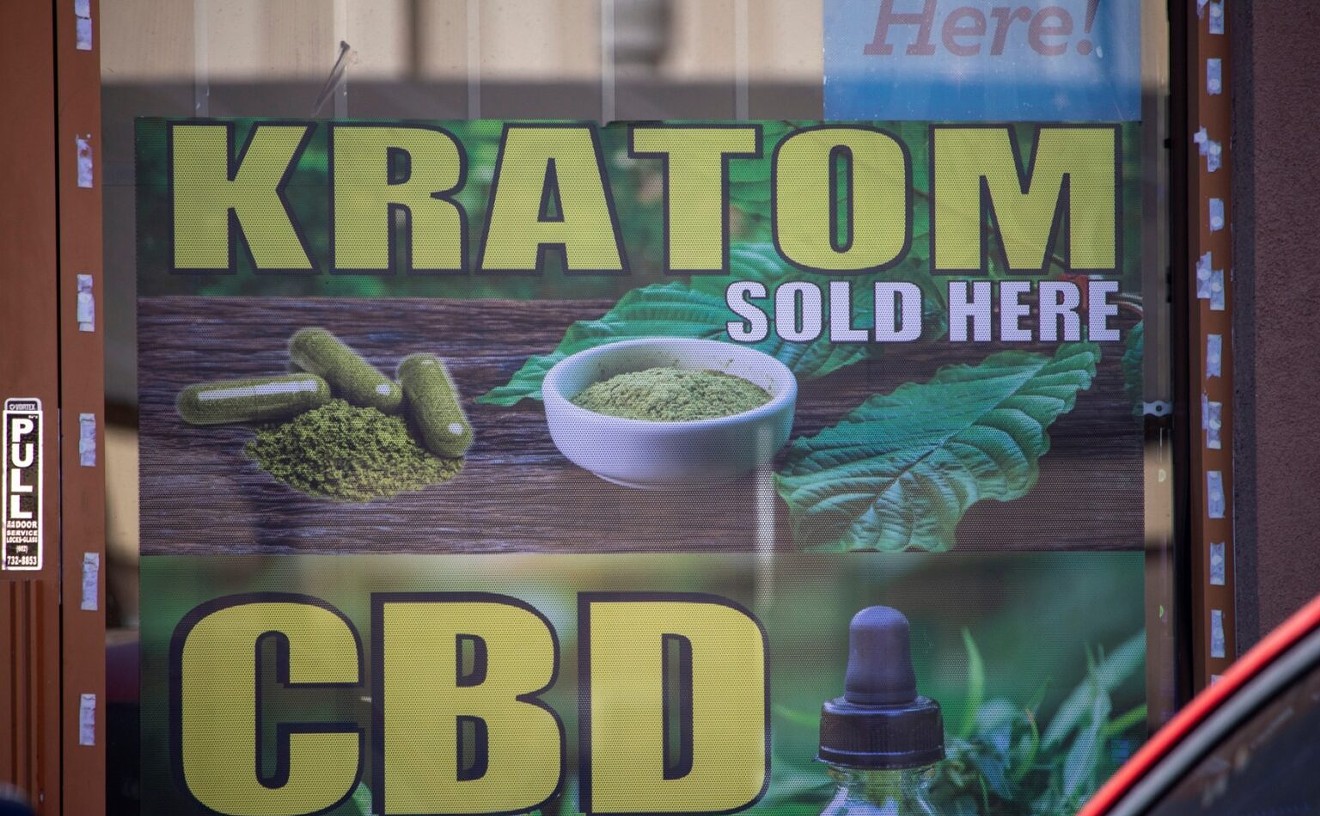The state can’t suspend someone’s driver’s license because they have THC in their bloodstream unless they are actually impaired while behind the wheel, the Arizona Court of Appeals ruled Wednesday, upholding a provision in a marijuana legalization law that voters passed in 2020.
Aaron Kirsten was pulled over for speeding in Sedona in October 2022, and the police officer saw that he had bloodshot eyes, slurred speech and was unsteady on his feet. Kirsten refused a field sobriety test, but when he did a breathalyzer test, he blew a 0.083, slightly above the legal limit, and he was arrested.
While in custody, Kirsten consented to a blood draw, but the Department of Public Safety’s analysis showed his blood alcohol content was just 0.063, less than the 0.08 maximum BAC allowed under state law.
But DPS also tested Kirsten’s blood for drugs and found he had tetrahydrocannabinol metabolites. As a result, the Arizona Department of Transportation suspended his license for 90 days, citing a state law that bars driving if THC metabolites are present.
At an administrative appeal, Kirsten testified that he hadn’t consumed THC in the 24 hours prior to his arrest, and any effects from the THC he had consumed had long ago passed. A family member who is a nurse and chiropractor also testified on Kirsten’s behalf, telling the administrative law judge that THC metabolites — the compounds that form as the body breaks down a substance — can stay in the blood for weeks after consumption.
But the administrative law judge said it was “irrelevant” whether Kirsten had smoked marijuana within 24 hours of his arrest and sided with ADOT, ruling that the agency didn’t need to prove he was impaired by THC to suspend his license for using it previously.
Kirsten appealed the ruling to the Maricopa County Superior Court, which upheld the administrative judge’s reasoning.
But the appellate court said both got it wrong and effectively ignored voter-created laws that bar the state from punishing drivers who have legally used marijuana products but are not impaired while driving.
The first law says that the state cannot limit “any right or privilege conferred or protected by the laws of this state” for legal use of marijuana. Driving, the appellate court noted, is a privilege under Arizona law, and thus Kirsten’s driving privileges are among the things that cannot be limited merely because he had THC metabolites in his blood.
And Proposition 207 spelled out that the state was allowed to penalize people for driving “while impaired to even the slightest degree” by marijuana, something that wasn’t the case for Kirsten.
Taken together, those two laws approved by voters mean a driver can only be guilty of violating an earlier state law that bans driving with THC metabolites in the blood — even if they’re inactive metabolites and the person is not intoxicated — if he or she is “also impaired to the slightest degree.”
“This reinforces our understanding of the voters’ intent, expressed through their enactment of Proposition 207, that unimpaired driving after consuming marijuana cannot be penalized,” the unanimous three-judge panel wrote.
Kirsten also scored another victory in the case, as the appeals court rejected the state’s attempt to uphold the license suspension because he was impaired by alcohol. The state’s attorneys focused their case on the argument that impairment wasn’t required to justify a license suspension and not the officer’s testimony that Kirsten was actually impaired.
“The State waived that position by choosing not to pursue it,” Judge Andrew Jacobs wrote in the ruling.
This story was first published by Arizona Mirror, which is part of States Newsroom, a network of news bureaus supported by grants and a coalition of donors as a 501c(3) public charity.












